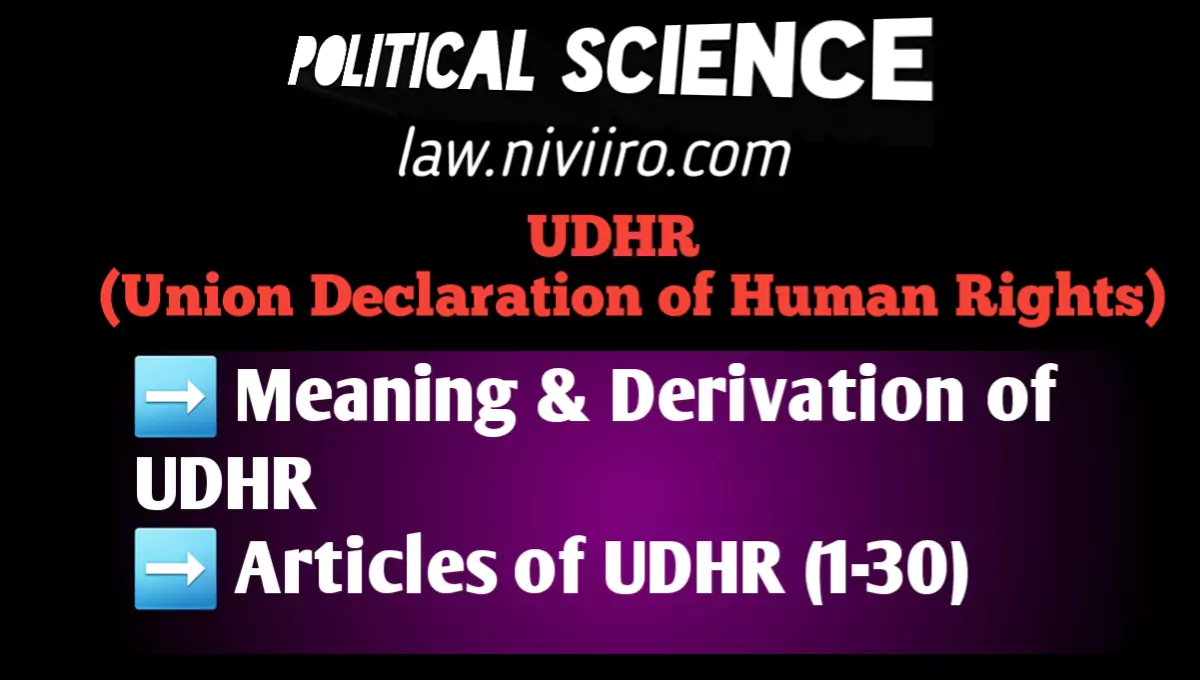Welfare State, Anarchists are of the view that the state is an unnecessary evil. They argue that the state’s foundation is force, and that it always promotes capitalism; consequently, it is unneeded. We disagree with anarchists’ viewpoints. This is because the state is the primary condition of civilisation. According to Aristotle, the state was created for the sake of mere life and persists for the sake of good life. Laski has also said that, “The state is the means to balance the human behaviour. The state establishes the norms by which man balances and regulates his life “.
Purpose of the Welfare State
According to John Locke, the purpose of government is to promote human welfare. The objective of the state, according to Bluntschli and Holtzendorf, is the welfare of the people.
According to Giddings, the purpose of the state is to establish an environment in which all people can live a supreme and self-sufficient existence. According to Ritche, “the purpose of the state is the achievement of the best life by the individual.” Burgess, Willoughby, and Garner have written extensively on the subject in modern times.
According to Garner, the purpose of the state is to protect the individual’s interests, the interests of the nation, and the development of human civilisation. According to Adam Smith, the state serves three primary functions: First, protection from external aggression and maintenance of internal peace and security; second, protection of the individual against injustice and atrocities committed by other members of society; and third, establishment and maintenance of various jobs and public institutions that cannot be established or maintained by any individual or group of individuals.
Functions of the Welfare State
Since ancient times, the question of what functions the state should and should not conduct has been a source of contention. Individualist writers believe that the state should only execute three functions. According to individualists, the three roles of the state are as follows:
- Defense against foreign aggression.
- The maintenance of internal law and order, and
- The implementation of legally binding mutual agreements.
As a result, it is evident that individualists want the state’s functions to be limited. They are not willing to transform the state into a welfare institution for the general benefit. In contrast, socialists aspire to enhance governmental activities in all areas. The state’s activities have been greatly expanded in Russia, China, and other communist countries, and the state now controls every aspect of society. In nations where socialism does not exist, such as India, efforts are being made to transform the state into a welfare organisation. Similar attitudes are prevalent in both England and America.
In modern welfare states, individualistic view, that the state should not interfere in the fundamental rights of the individuals, has been accepted. For example, in India, France, and the United States of America, people have been granted certain fundamental rights, and the state has generally not interfered with these rights. The welfare state currently preserves law and order, defence, and justice, but no other concept of individuality has been accepted. Today, the state deems it its job to eradicate problems like as illiteracy, poverty, disease, intoxicant usage, and so on.
The state also implements trade and commerce rules and regulations. It levies taxes and regulates the production and distribution of necessities. Marriage, untouchability, property, and other laws are also made by the state. As a result, the scope of state activities has grown significantly.
Functions of Modern States
Berns says, “The state should give full help to make the national life complete and to develop the national health, welfare, morality and intellect of the society”.
The state activities can be divided into two parts: (1) Compulsory or essential; (2) Optional.
American writer Wilson has divided the functions of the state into two parts-Compulsory and Optional.
According to Wilson, the following are Compulsory Functions of the state :
- To keep the peace and safeguard life and property from theft and violence.
- To create legal relationships between husband and wife, as well as between children and their parents.
- To establish property rules.
- To determine the rights that arise as a result of an agreement between parties.
- To determine the offences and impose punishment;
- To administer civil justice and
- Establishing mutual interactions amongst citizens, as well as their rights and responsibilities;
- Relations with foreign countries and protection against foreign invasion.
It is obvious from the state’s compulsory functions that, according to individualists, all functions have been embraced by welfare states; yet, in welfare states, several functions of socialist countries have also been added and made optional for the state.
According to Wilson, the following are the optional functions of the state:-
- To make commercial and industrial regulations.
- To enact legislation for the interest of workers.
- To look after the destitute and the infirm.
- To create postal and telegraph arrangements;
- To build roads and highways;
- To make arrangements for water, gas, and other utilities;
- Make plans for health and cleanliness;
- To plant jungles and protect their output, as well as to enhance the number of fish in rivers,
- To eliminate societal ills such as child marriage, drunkenness, and so on.
- Educationa and ;
- To make import and export arrangements and to enact legislation in this regard. In the modern day, the state performs the majority of these responsibilities for the benefit of the people. In India, for example, a welfare state has been built. Many restrictions have been enacted concerning business and industry, as well as the welfare of workers.
Related Post
What is the Purpose of the Welfare State according to Garner & Adam Smith ?
According to Garner, the purpose of the state is to protect the individual’s interests, the interests of the nation, and the development of human civilisation. According to Adam Smith, the state serves three primary functions: First, protection from external aggression and maintenance of internal peace and security; second, protection of the individual against………
What do you mean by Compulsory funtion of a welfare state ?
compulsory functions that, according to individualists, all functions have been embraced by welfare states.
References
- R.C. Agarwal, Political Theory
- M.P. Jain, Political Theory liberal and Marxiam
- Prof. H.C. Verma, Modern Political Theory
- Prof. S.L. Verma, Modern Political Theory
- V.D. Mahajan, Political Theory
- J.C. Johari, Political Science

















